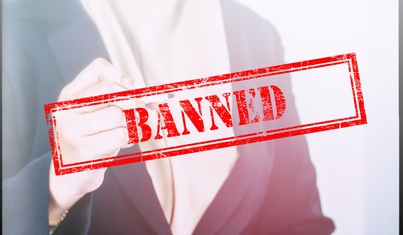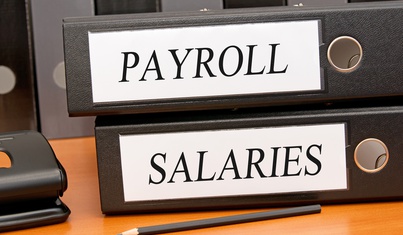If you’re thinking of selling your business then Entrepreneurs’ Relief can provide you with significant tax savings on disposal.
The relief reduces the amount of capital gains tax on qualifying business disposals. Gains that qualify for relief will be taxed at a rate of 10% rather than the usual capital gains tax rate of 20%.
Qualifying capital gains for each individual are subject to a lifetime limit of £10 million for disposals on or after 6 April 2011, making a maximum potential saving of £1 million of tax. And this tax saving is per person, so if structured correctly spouses could save up to £2 million between them.
Therefore it is worthwhile ensuring that you check whether you qualify for relief or if there is anything that can be done before your disposal to ensure you make the most of the relief available.
What is a qualifying business disposal?
Qualifying business disposals fall into the following three categories:
A material disposal of business assets. This includes a disposal of the whole of or a distinct part of a business, the disposal of a partnership share, or the disposal of shares in a company. This would also include the disposal of assets used within a business within 3 years of the business ceasing to trade.
A disposal of trust business assets
A disposal associated with a disposal of a business or shares in a company. This would include assets owned personally but used by the business or company – for example freehold premises.
How do I qualify for the relief?
In order to qualify for the relief certain conditions must be met.
For a disposal of the whole or part of a business, or a partnership share, the business must have been owned for the 12 months prior to disposal.
For a disposal of shares, certain tests have to be satisfied in the year prior to the disposal. Broadly 5% of the share capital of the company must have been held the company must be a trading company and the shareholder must have been an employee or officer of the company.
Restrictions on the relief
Relief may be restricted where an asset was used in your business for only part of the time you owned it, or where only part of it was used in the business.
Relief can also be restricted where there is an associated disposal of a personally owned asset and any rent was paid by the company for the use of the asset.
Points to watch out for
As ever, the relief is complicated but the following are areas to which particular attention should be given:
- Is my company a trading company? If not then no relief will be available on the disposal of shares. A trading company is broadly one which activities are at least 80% trading as opposed to investment, looking at factors such as turnover, profits, capital employed and the time spent by proprietors.
- Have 5% of the shares been owned in the year prior to disposal? A common situation is a working spouse giving shares to a non-working spouse so that they can benefit from the dividends paid on the shares and so utilise both basic rate tax bands. If the shares are sold when owned by the non-working spouse then no relief will be due as they are not an employee or officer. If the shares are transferred back to the working spouse just before disposal, unless the working spouse retained 5% of the company shares, no relief will be available as sufficient shares will not have been owned for a year.
- Should rent be charged for assets owned personally but used by a business/company?
Entrepreneurs’ relief is available and therefore advice should be sought well in advance of any transactions, and entitlement should also be reviewed on a regular basis.
For more information or advice please contact us.


